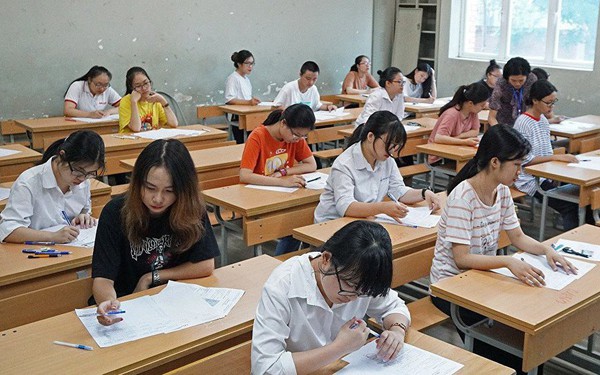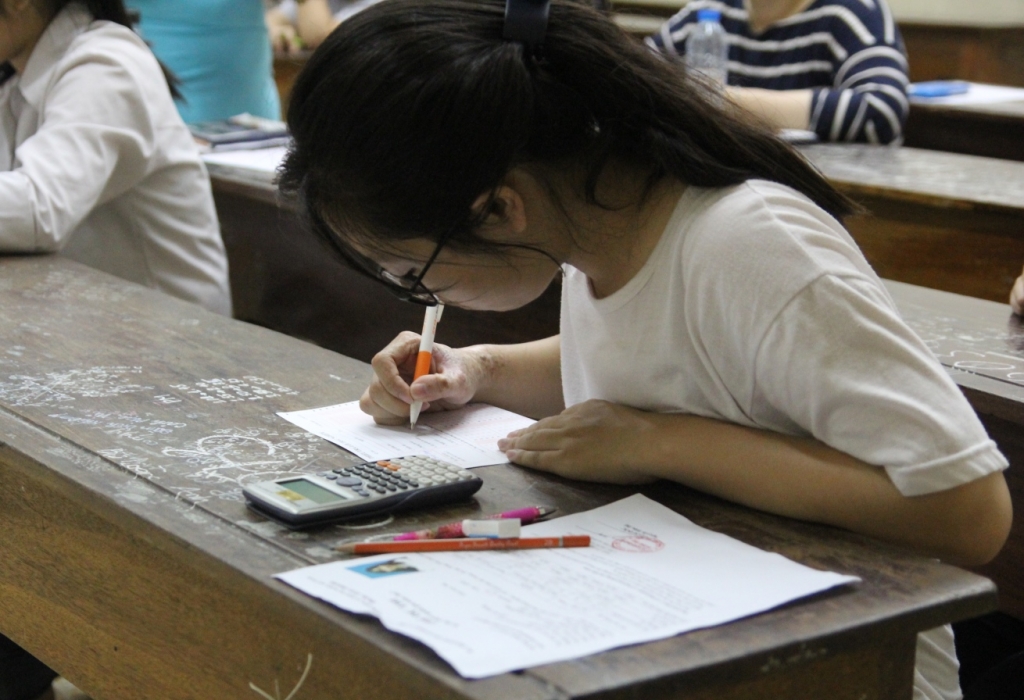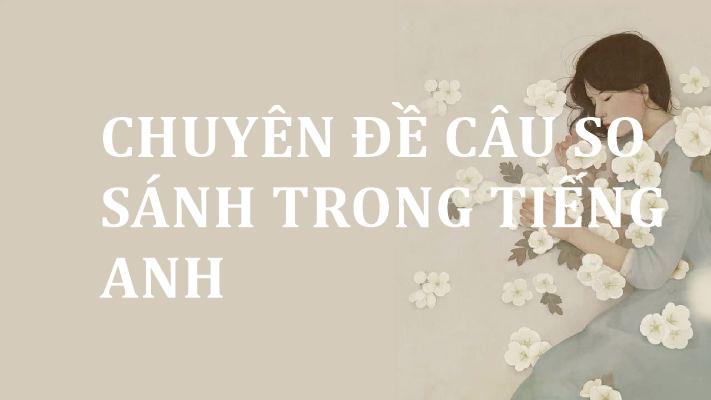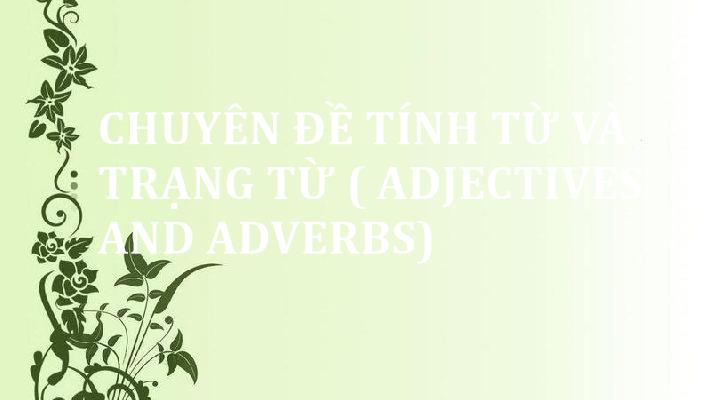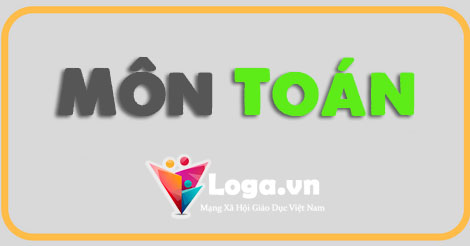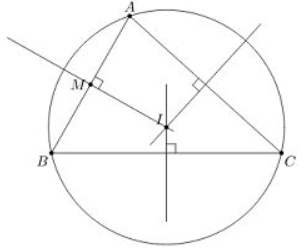UNIT 8: OUT AND ABOUT
I.NEW WORDS:
|
Word |
Transcript |
Class |
Meaning |
|
accident |
/'æksidənt/ |
n |
tai nạn |
|
foodstall |
/'fu:dstɔ:l/ |
n |
quầy bán đồ ăn, quán nhỏ |
|
intersection |
/,intə'sekʃn/ |
n |
giao lộ, ngã tư |
|
crossroads |
/'krɔsroudz/ |
n |
giao lộ, ngã tư |
|
road |
/roud/ |
n |
đường, lộ |
|
road sign |
/roud sain/ |
n |
biển báo giao thông |
|
traffic light |
/træfik lait/ |
n |
đèn giao thông |
|
discipline |
/'disiplin/ |
n |
kỷ luật |
|
traffic |
/træfik/ |
n |
sự đi lại, giao thông |
|
station |
/'steiʃn/ |
n |
nhà xe, bến |
|
bus station |
/bʌs'steiʃn/ |
n |
bến xe buýt |
|
bus stop |
/bʌs stɔp/ |
n |
trạm xe buýt |
|
video game |
/'vidiou geim/ |
n |
trò chơ vi-đi-ô |
|
businessman |
/'biznismən/ |
n |
nhà doanh nghiệp, thương gia |
|
businesswoman |
/'bizniswumən/ |
n |
nữ doanh nhân, nữ thương gia |
|
farm |
/fɑ:m/ |
n |
nông trại, trang trại |
|
farmer |
/'fɑ:mə/ |
n |
nông dân |
|
spider |
/'spaidə/ |
n |
con nhện |
|
web |
/web/ |
n |
mạng nhện |
|
fly |
/flai/ |
n |
con ruồi |
|
fly |
/flai/ |
v |
lái máy bay, bay |
|
arrive |
/ə'raiv/ |
v |
đến |
|
unload |
/'ʌn'loud/ |
v |
dỡ hàng |
|
copy |
/'kɔpi/ |
v |
sao, chép |
|
correct |
/kə'rekt/ |
v |
sửa, điều chỉnh |
|
correct |
/kə'rekt/ |
adj |
chuẩn, chính xác |
|
park |
/pɑ:k/ |
v |
đậu, đỗ (xe) |
|
turn |
/tə:n/ |
v |
rẽ, quẹo |
|
turn right/ left |
/tə:n rait/left/ |
v |
rẽ phải / rẽ trái |
|
go straight (ahead) |
/gou streɪt (əˈhed) / |
v |
cứ tiếp tục đi thẳng |
|
must |
/mʌst - məst/ |
v |
phải |
|
help |
/help/ |
v |
giúp đỡ, cứu giúp |
|
help |
/help/ |
n |
sự giúp đỡ, sự cứu giúp |
|
warn |
/wɔ:n/ |
v |
cảnh báo, cảnh giác |
|
stop |
/stɔp/ |
v |
dừng lại |
|
change |
/tʃeindʤ/ |
v |
thay đổi |
|
come from |
/kʌm frɔm/ |
v |
đến từ |
|
lie |
/lai/ |
v |
nằm |
|
cross |
/krɔs/ |
v |
băng qua, đi ngang qua |
|
care |
/keə/ |
n |
sự chăm sóc, sự cẩn thận |
|
careful |
/'keəful/ |
adj |
cẩn thận, thận trọng |
|
busy |
/ˈbɪzi/ |
adj |
bận |
|
difficult |
/ˈdɪfɪkʌlt, -kəlt/ |
adj |
khó |
|
easy |
/'i:zi/ |
adj |
dễ |
|
danger |
/ˈdeɪndʒər/ |
n |
sự nguy hiểm |
|
dangerous |
/'deɪndʒərəs/ |
adj |
nguy hiểm |
|
fast |
/fɑ:st/ |
adj |
nhanh |
|
Fast |
/fɑ:st/ |
adv |
nhanh |
|
Straight |
/streit/ |
adv |
thẳng |
II.GRAMMAR:
1. THÌ HIỆN TẠI TIẾP DIỄN – THE PRESENT CONTINUOUS.
|
|
Ex: They are playing football in the gardent now.
The are not playing football in the gardent now.
Are they are playing football in the gardent now?
- Yes, they are.
- No, they aren’t.
Cách dùng:
- Thì hiện tại tiếp diễn được sử dụng để diễn tả 1 hành động đang xảy ra tại thời điểm hiện tại.
- Các từ báo dạng là: Now (bây giờ), At present(ở hiện tại), At the moment (vào lúc này), right now (ngay lập tức), still (vẫn còn).
**** CÁCH THÊM ĐUÔI “ing” VÀO SAU ĐỘNG TỪ.
a. Động từ tận cùng là “e” ð bỏ “e” thêm “ing”
Ex: Make ð Making
Decide ð deciding
Write ð Writing
b. Động từ tận cùng là “ie” ð đổi “ie” thành “y” rồi thêm “ing”
Ex: Lie ð Lying
Die ð Dying
c. Động từ tận cùng là 1 nguyên âm (a, o, ,e ,u, i) nằm giữa 2 phụ âm có trọng âm ð Gấp đôi phụ âm cuối rồi thêm “ing”.
Ex: Stop ð stopping
Run ð running
Begin ð beginning.
Chú ý: Động từ có trọng âm nằm ở âm tiết khác thì ta không gấp đôi phụ âm:
Ex: Háppen ð Happening.
Lísten ð listening.
2. Động từ khiếm khuyết CAN (có thể)
Cách dùng: Động từ khiếm khuyết Can được dùng để nói lên khả năng có thể làm được việc gì.
|
Ex: She can speak English well Cô ấy có thể nói tiếng anh giỏi.
I can’t do exercise. Tôi không thể làm bài tập.
Can she type? Cố ấy có thể đánh máy được không?
3. Động từ khiếm khuyết Must (phải).
- Must được dùng để diễn đạt sự bắt buộc hoặc một lời khuyên (nhấn mạnh).
|
Ex: You must do that exercise Bạn phải làm bài tập đó.
He mustn’t talk in class. Anh ấy không được phép nói chuyện trong lớp
Must I go straight? Tôi đi thẳng phải không?
ð Yes, you must. Ừ, đúng vậy.
III.EXCERCISE:
I.Odd one out:
1. a. play b. ride c. bike d. drive
2. a. doctor b. hospital c. teacher d. business
3. a. morning b. farm c. market d. eat
4. a. slow b. homework c. work d. math
5. a. dangerous b. road c. delicious d. interesting
II.Make complete sentences from the words given below.
1. Thu and Lan/ play/ video games.
2. Hoa/ watch/ television.
3. They/ walk/ school.
4. We/ travel/ school/ bus.
5. I/ wait/ train.
6. Mr. Hai/ not/ drive/ work.
7. The girls/ not/ talk.
8. What/ Miss Hoa/ do?
9. They/ wait/ bus?
10. How/ Lan/ go/ zoo?
III.Put the words in their right orders to make sentences.
1. doing/ is/ mother/ your/ what?
2. Nam/ Ba/ what/ doing/ are/ and/ now?
3. that/ Hanoi/ to/ going/ businessman/ is/ present.
4. must/ you/ drive/ carefully.
5. roads/ accidents/ many/ are/ there/ our/ on.
6. truck/ is/ he/ driving/ his.
7. street/ can't/ you/ into/ go/ that.
8. waiting/ is/ who/ he/ for?
9. driving/ Quang/ to/ Hue/ is.
10. vegetables/ the/ market/ to/ taking/ is/ he/ the.
IV.Make questions and then answer them, using the suggested words.
1. Where/ Mrs. Hoa/ work? (library)
2. What/ she/ do/now? (read a book)
3. What/ she/ do? (a librarian)
4. How/ she/ travel/ work/ every day? (cycle)
5. She/ like/ read books? (Yes)
6. She/ read/ a book/ moment? (No/ listen/ music)
V.Write sentences with "can" and "must"
Model: Ha/ play games/ afternoon/ do her homework/ afternoon.
Ha can play games in the afternoon, but she must do her homework in the evening.
1. Loan/ play badminton/ Sundays/ do housework first.
2. Ba/ watch TV/ evening/ go/ bed/ early.
3. Tuan/ listen/ music/ his stereo/ keep the volume down.
4. Lan/ go out/ friends/ Saturday/ help/ mother/ kitchen first.
5. Hoa/ stay up late/ Saturday night/ get up before seven.
VI.Write the negative sentences with "mustn't"
1. We/ young/ so/ not/ ride/ motorbike.
2. Traffic lights/ green/ not cross the street.
3. It/ stop sign/ not/ go straight on.
4. Roads/ dangerous/ not ignore road signs.
5. There/ intersection ahead/ not go fast.
6. There/ "No Parking sign"/ not park here.
VII.Fill in each blank with "can, can't, must, mustn't"
1. I___________ swim. I go swimming every week.
2. The traffic lights are red. You ___________stop.
3. The cars go very fast. We ___________be careful.
4. You ___________play in the street.
5. My brother ___________drive a car. He's very young.
6. The students ____________ do their homework.
7. There is a "No Parking" here. You ____________ park your car here.
8. This sign says "Stop". We ____________ stop.
9. Our roads are dangerous places. We ____________ have discipline.
10. We _________ not go fast.
VIII.Use the suggestions to write sentences using the present progressive tense.
1. He/ read a book.
2. She/ play the piano.
3. I/ do my homework.
4. We/ travel/ school.
5. Father/ watch/ football/ TV
6. David/ study English.
7. Students/ do a test now
8. They/ listen to music.
9. Thu and Lan/ play/ video games
10. Hoa/ watch/ television.
IX.Choose the best answer to finish the sentences.
1. Are there ________trees behind the house? (any/ the/ those/ these)
2. This is a photo __________ Mai's house. (her/ hers/ for/ of)
3. In front of the house there is a__________. (beautiful garden flowers/ flowers garden beautiful/
beautiful flower garden/ beautiful flowers garden)
4. I live in an apartment___________. (in town/ in the town/ in city/ in country)
5. Is ___________ noisy in the city? (there/ it/ this/ that)
6. I often go to school_____________ my father car. (by/ in/ on/ of)
7. I live in a house ____________ a garden. (has/ have/ haves/ with)
8. Mai never goes to school __________ foot. (on/ by/ of/ in)
9. She is waiting ____________ you in the school yard. (for/ of/ to/ at)
10. _________ do you get up? _ At 6 o'clock. (When/ What time/ How long/ Why)
11. Mr. Ba is loading his truck __________ vegetables. (on/ of/ with/ by)
12. There is an intersection ahead. You ______ slow down. (can/ must/ can't/ mustn't)
13. Look at that man. He ________ his truck into that street. (drive/ drives/ driving/ is driving)
14. Ba isn't copying Nam's work. He ______ it. (correct/ corrects/ correcting/ is correcting)
15. That's Lan. Where__________? (is she going/ does she going/ does she go)
IV.KEY:
I.
- C
- B
- D
- A
- B
II.
1. Thu and Lan are playing video games.
2. Hoa is watching the television.
3. They are walking to school.
4. We are traveling to school by bus.
5. I am waiting for train.
6. Mr. Hai does not drive to work.
7. The girls is not talking.
8. What is Miss Hoa doing?
9. Are They/ waiting for the bus?
10. How does Lan go to the zoo?
III.
- What is your mother doing?
- What are Ba and Nam doing now?
- Hanoi is going to businessman that present.
- You must drive carefully.
- There are many accidents on our road.
- He is driving his truck.
- You can’t go into that street.
- Who is he waiting for?
- Quang is driving to Hue.
- He is getting the vegetables to the market.
IV.
1. Where is Mrs. Hoa working? In the library.
2. What is she doing now? She is reading a book.
3. What does she do? She is a librarian.
4. How does she travel to work every day? By bicycle.
5. Does She like reading books? Yes, she like.
6. Is She reading a book at the moment? No, she is listening to music.
V.
1. Loan can play badminton on Sundays,but she must do housework first.
2. Ba can watch TV in the evening, but he must go bed early.
3. Tuan can listen to music on his stereo, but he must keep the volume down.
4. Lan can go out with friends on Saturday,but she must help mother in the kitchen first.
5. Hoa can stay up late on Saturday night,but she must get up before seven.
VI.Write the negative sentences with "mustn't"
1. We are young so we mustn't ride the motorbike.
2. Traffic lights is green so we mustn't cross the street.
3. It is stop sign so we mustn't go straight on.
4. Roads is dangerous so we mustn't ignore road signs.
5. There is an intersection ahead so we mustn't go fast.
6. There is a "No Parking sign" so we mustn't park here.
VII.
- Can
- Must
- Must
- Can’t
- Can’t
- Must
- Mustn’t
- Must
- Must
- Can’t
VIII.
1. He is reading a book.
2. She is playing the piano.
3. I am doing my homework.
4. We is traveling to school.
5. Father is watching football/ TV
6. David is studying English.
7. Students are doing a test now
8. They are listening to music.
9. Thu and Lan are playing video games
10. Hoa is watching television.
IX.
- Any
- Of
- Beautiful flower garden
- In town
- It
- On
- With
- On
- For
- what time
- OF
- Must
- Is driving
- Is correcting
- Is she going

